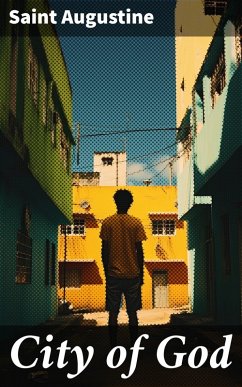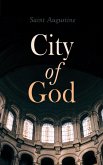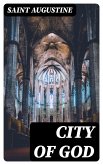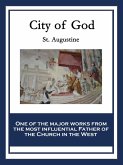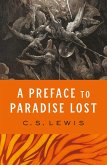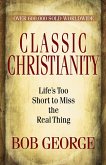Saint Augustine's "City of God" emerges as a monumental work in the realm of political philosophy and theology, written in the aftermath of Rome's fall in 410 A.D. This extensive treatise, spanning over twenty-two books, juxtaposes the earthly city, characterized by human ambition and moral decay, against the eternal city of God, which symbolizes divine grace and ultimate salvation. Augustine's prose is a blend of profound philosophical inquiry and impassioned rhetoric, reflecting a deep engagement with contemporary pagan and Christian thought, particularly in response to allegations that Christianity led to Rome's decline. The text makes a significant contribution to the discourse on the nature of human societies and the providential role of God in history. Saint Augustine, one of the most influential early Church Fathers, wrote "City of God" during a period of personal and societal upheaval, grappling with the implications of historical events that challenged the foundations of faith. His experiences as a philosopher, a bishop of Hippo, and a convert from Manichaeism informed his synthesis of classical philosophy and Christian doctrine, offering readers a uniquely rich perspective drawn from both his intellectual and spiritual journeys. "City of God" is essential for anyone seeking understanding of the Christian response to societal collapse and the intricate relationship between faith and politics. Its relevance extends to modern discussions on governance, morality, and the purpose of human society, making it a timeless read that invites reflection on the nature of civilization and spirituality.
Dieser Download kann aus rechtlichen Gründen nur mit Rechnungsadresse in A, B, BG, CY, CZ, D, DK, EW, E, FIN, F, GR, H, IRL, I, LT, L, LR, M, NL, PL, P, R, S, SLO, SK ausgeliefert werden.

